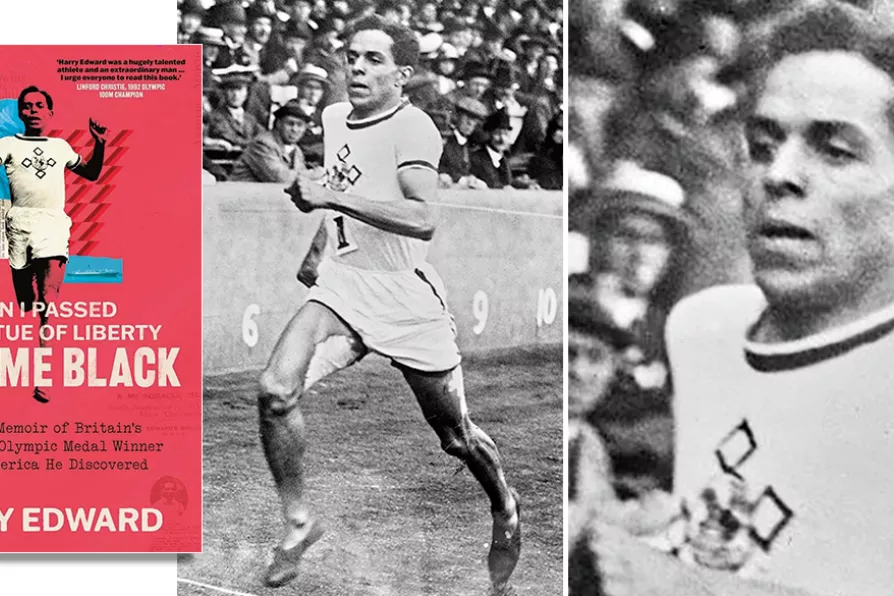FIONA O’CONNOR and MARIA DUARTE review State of Statelessness, Rental Family, 28 Years Later: The Bone Temple, and The Rip

 STAR COMPETITOR: Harry Edward, English Athletics Championship, Stamford Bridge, 1-2 July 1-2 1922
[Pic: Agence Rol/Public domain]
STAR COMPETITOR: Harry Edward, English Athletics Championship, Stamford Bridge, 1-2 July 1-2 1922
[Pic: Agence Rol/Public domain]
Harry Edward: When I Passed The Statue of Liberty I Became Black
Harry Edward, Yale University Press, £18.99
ALTHOUGH billed as a sports memoir, Harry Edward’s book is more a microcosm of the 20th century. Originally written in the 1970s, the manuscript was rejected by publishers until it was rediscovered by TV producer Neil Duncanson in the Amistad Research Centre in New Orleans. It is now published in full.
Edward’s father had come to Berlin in 1894 from Dominica to work in restaurants and cabarets; his Prussian mother was a teacher of piano. As such, Edward was born a British subject in Berlin in 1898, and had a very cosmopolitan upbringing, becoming fluent in French and German as well as his native English. He soon showed a remarkable aptitude for athletics.
World War I intervened and all British military-age men in Germany were interned as prisoners of war. Despite the harsh camp conditions, detainees established education, training and dramatic societies, preparing the men for their eventual release at the end of the war.

TONY FOX invites readers to come and hear the story of the remarkable Liverpudlian International Brigader Alexander Foote

JOHN GREEN observes how Berlin’s transformation from socialist aspiration to imperial nostalgia mirrors Germany’s dangerous trajectory under Chancellor Merz — a BlackRock millionaire and anti-communist preparing for a new war with Russia












